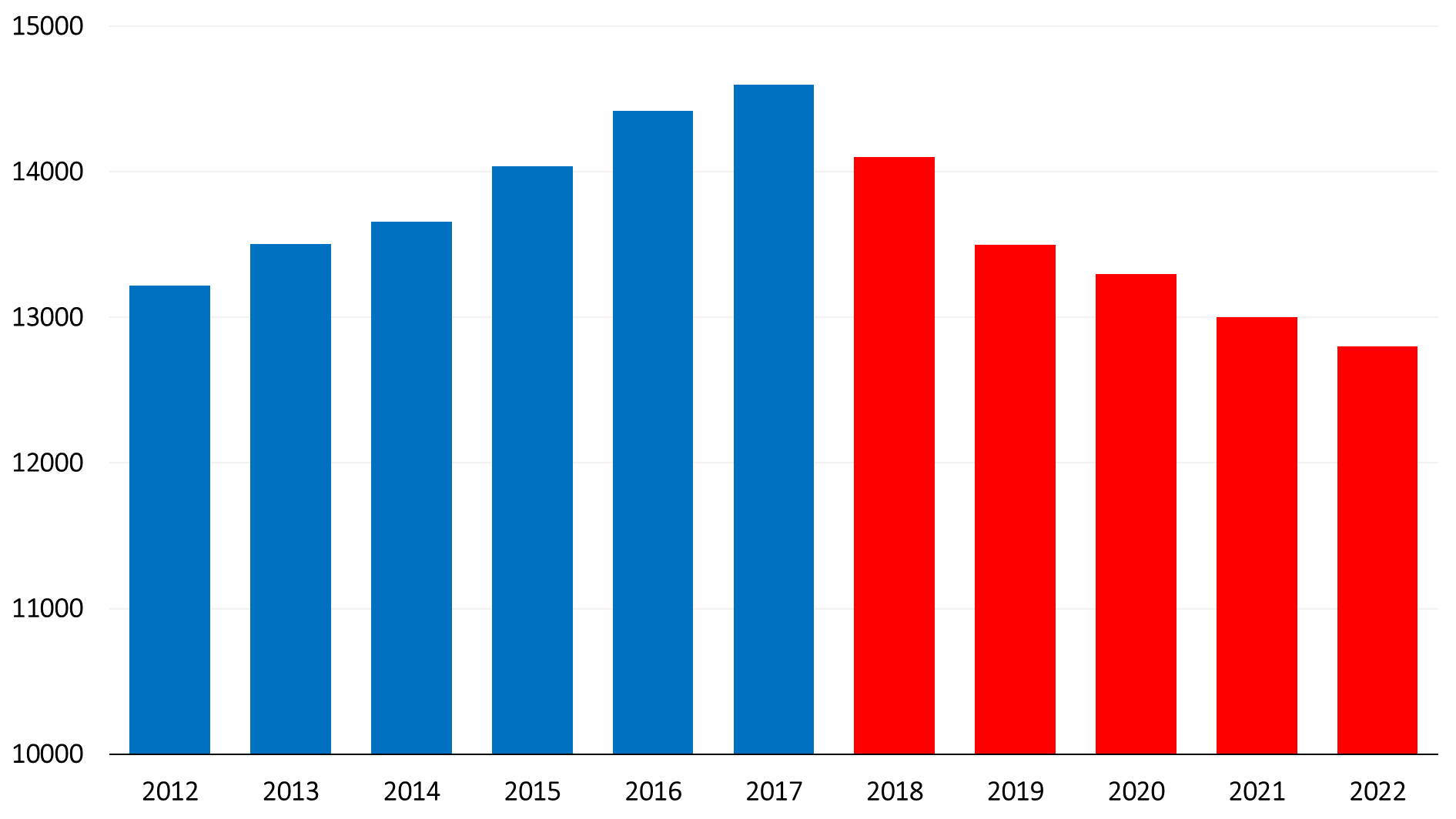FOR Communication 15/2023: Pathology of legislation and disappearing pharmacies. On the next tightening of the Pharmaceutical Law

Synteza:
-
During the Sejm session on July 13, the bill amending the “Act on State-Guaranteed Export Insurance and certain other acts” was passed with the votes of the government camp and the Left.
-
The document also included changes to the Pharmaceutical Law, unrelated in any way to the subject of the bill, introducing stricter provisions under the so-called "pharmacy for the pharmacist" concept.
-
These changes were proposed by PiS representative - Adam Gawęda during a joint session of the Public Finance Committee and the Committee of Economy and Development.
The amendment, as a so-called "throw-in" proposal, bypassing the assessment of regulation’s impact and public consultations, is another example of legislative pathology. -
This change further tightens, already restrictive, regulations concerning the operation of pharmacies in Poland.
The amendment to the Act on export insurance, as a government bill, should have included an assessment of regulation’s impact and undergone public consultations, which cannot be said of the amendments introduced by the Sejm, which should preferably be closely related to the original bill. In this case, we are dealing with far-reaching legal changes in an entirely different area than the one addressed in the amendment. This form of legislation, not used for the first time by the ruling party’s politicians, is unacceptable in a developed democracy. In this situation, voting on two unrelated matters occurs. Some parties may support one set of solutions while opposing the others. This creates a kind of moral blackmail since controversial "throw-ins" are usually introduced in relatively uncontroversial projects of other laws. This situation leads to legislative chaos and can be confusing to the public.
The so-called "pharmacy for the pharmacist" - restricting competition by closing the market.
The so-called "pharmacy for the pharmacist," which is in effect since 2017, introduced, among others, a ban on opening new pharmacies for entities owning four or more pharmacies. It also imposed restrictions based on location and population when issuing permits for new pharmacies. According to the regulations, the distance between pharmacies must be at least one kilometer, and in a given municipality, there must be at least 3,000 people per pharmacy. Only pharmacists with a valid license are eligible to obtain permits for opening a new pharmacy.
These provisions effectively limit competition among pharmacies and result in the inability to open new pharmacies in larger cities, even if some pharmacies close down. The regulations also impact working conditions and wages for pharmacists, as they have limited choices in selecting their workplace, and the demand for their services decreases due to the limited number of pharmacies. Since 2016, the average salary of pharmacists relative to the average earnings in the economy, according to GUS (Central Statistical Office), has decreased from 115.8% to 106.7%.
Between 2012 and 2017, the number of publicly accessible pharmacies and pharmacy points in Poland increased from 13.2 thousand to 14.6 thousand. However, since the implementation of the "pharmacy for the pharmacist" law, this number has been continuously decreasing. By the end of 2022, the total number of pharmacies and pharmacy points was lower by 1.8 thousand compared to 2017 when the regulations closing the market were introduced. In 2016 we have written in detail about the harmful effects of these regulations, analyzing the provisions of the "pharmacy for the pharmacist", researching similar regulations, and examining the situation in other European countries (FOR analysis 20/2016)
Chart 1. Number of publicly accessible pharmacies and pharmacy points in Poland.

Source: Central Statistical Office (GUS)
The full content of the publication can be found in the file to download below.
Contact to author:
Gabriel Hawryluk, FOR junior economic analyst
[email protected]
Files to download

